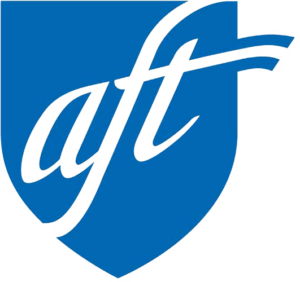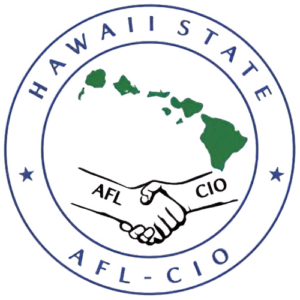By Eric Denton, Karla Hayashi and Lynne Wilkens
Gov. David Ige’s State of the State address did not offer anything new or substantive, and did not provide any concrete solutions to actually move our state forward.
We heard the governor say our state “must tap our greatest our resource, our people, to find our way to the next great economic transformation: the development of an innovation sector.”
This translated into investment in the University of Hawaii Cancer Center and the HI Growth program to encourage high-tech entrepreneurs.
But what about investment in “our people” who are contributing to our economy now? We believe our state can create a strong, vibrant economy when there is mutually respectful dialogue with the ones who are actively contributing to our local economy today.
As faculty, we were pleased to see the governor’s budget narrative acknowledge the UH is “a productive economic engine for the State of Hawaii.” As the governor’s budget narrative points out, UH faculty attracted an average of $314 million in extramural grants and contracts per year over the last decade (fiscal years 2005 to 2014).
The governor’s proposed Early College Program can be successful if there are faculty to provide the instruction Hawaii students need. Investing in UH faculty will allow us to attract and retain high-quality faculty, who teach our students at the 10 UH campuses across the state, and who conduct research that lead to practical, concrete solutions to relevant issues in our state.
Instruction and research are two vitally important legs of the UH tripod that support the third leg — valuable service to the community. Innovative, groundbreaking research by UH faculty allows students to learn more, gain hands-on experience, and be better equipped to take their place in the world when they graduate.
Many of the faculty research programs support the governor’s long-term goals, including increasing local food production. For example, UH faculty have secured a USDA grant for the Molokai Native Beginning Farmer Program, and through private foundations, the Molokai Homestead Gardening Program is mentoring 40 Hawaiian homestead families in gardening and nutrition.
On Hawaii island, a successful public-private partnership between UH-Hilo and Chef Alan Wong has made the school’s Adopt-A-Beehive program the focus of worldwide attention as it promotes the importance of honey bees for local and global sustainability.
Another innovative program at UH-Hilo, funded by federal dollars, shows students how to utilize excess waste and underutilized agricultural products to promote local sustainability and serve niche markets to support successful businesses.
Faculty dedicate their lives to instruction and research that benefit the Hawaii, using funds that do not rely on the state’s coffers. There must be a reciprocal relationship: The state of Hawaii gains and needs to invest in faculty. We cannot shortchange faculty or undermine their work; otherwise, many will be recruited by universities in other states that are investing in their futures.
It’s time for our state to step up and support faculty, the people responsible for making a better tomorrow possible.
As the state refines “the people’s budget,” as the governor called it in his speech, we hope he and legislators will adopt a collaborative process involving UH faculty. We hope the revised budget is not only “responsible” but also strategic, providing the greatest return for Hawaii’s people, now and into the future.
The new budget must reflect truly visionary leadership that sees the great potential of University of Hawaii and invests in the human capital needed to create a viable future for our state, our economy, and our citizens. Imagine what more we could do to drive our local economy if we had better support for faculty.



